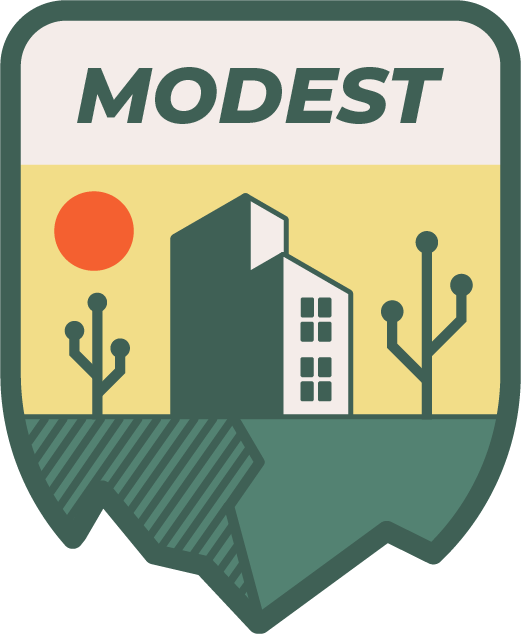Despite what you may have heard, customer relationship management (CRM) software enjoys widespread adoption across most industries. But an organization’s adoption of the CRM model doesn’t necessarily equate to satisfaction among employees who need to use the software. In fact, satisfaction rates are pretty dismal.
A 2023 survey conducted by Forrester revealed that 70% of global businesses have adopted CRM software for customer service purposes. In addition, 75% said that improving the customer experience was a top priority. Unfortunately, those same organizations reported dissatisfaction with their current CRM solutions.
If CRM adoption is so high, why is satisfaction so low? Our experience as developers of custom business software leads us to believe that there are five key things getting in the way of user satisfaction:
1. Poor User Experience
At the top of the list is poor user experience. CRM systems tend to be overly complex. They tend to be complicated, difficult to navigate, and generally unfriendly to the way organizations do business. This is one of the reasons that Modest believes in building custom business software offering only the features an organization needs, presented in a way that fits the organization’s workflow.
2. Lack of Training and Support
Regardless of how business software functions, employees need proper training. They also need ongoing support. Failing in either area virtually guarantees dissatisfaction among an organization’s employees. Without proper training and support, employees easily get frustrated because they cannot make the software do what they want it to do.
3. Inefficient Workflows
A well-designed business software solution should promote efficiency. Unfortunately, because off-the-shelf CRM solutions attempt to be all things to all people, they also tend to be inefficient.
Take data entry. If the sales team is forced to manually input data on a daily basis, they end up spending more time sitting at their computers and less time getting deals done. A custom CRM with automation capabilities can free up the sales team to do what they are paid to do.
4. Poorly Defined Objectives
It is easy to look at a CRM package and just assume that employees know what to do with it. Still, doing so isn’t smart. Employees need clearly defined objectives. If their objectives are poorly defined, there is a good chance they will not fully understand why the company is using the solution or even why it is so important to operations.
5. Lack of Management Buy-In
We have worked with some organizations that came to us only after discovering a lack of management buy-in. We are always glad to help but think about the implications of such a scenario.
If management is not fully on board with an organization’s CRM solution, their lack of buy-in will be observed by the employees tasked with using the system. The end result is that the employees don’t buy in either. The entire organization ends up fighting the software rather than embracing it.
We Do Things Differently
Modest doesn’t develop off-the-shelf software designed to appeal to everyone. Rather, we build software on a client-by-client basis. We build custom CRM solutions that fit how each client does business. We build solutions that are lean, mean, and easy to use.
Is your organization fighting with its CRM solution? Do you find that, despite your organization’s adoption, your employees express dissatisfaction with the software? If so, you can change things.
Let us sit down and discuss the possibility of building a custom CRM solution for your organization. Bring us your questions; we will bring the answers. Give us the opportunity to show you how custom software can change everything.

